Ms. Cristina Bueti is the ITU Focal Point on Environment and Smart Sustainable Cities. She is also the Counsellor of ITU-T Study Group 20 “Internet of things (IoT) and smart cities and communities (SC&C)” at the International Telecommunication Union (ITU). She also serves as TSB/ITU focal point for Latin America.
As part of the International Women's Day 2016, she was named as one of the twenty Geneva-based inspirational women working to protect the environment. She has authored over 40 reports on telecommunication issues. A native Italian speaker, Cristina is also fluent in English, French and Spanish.
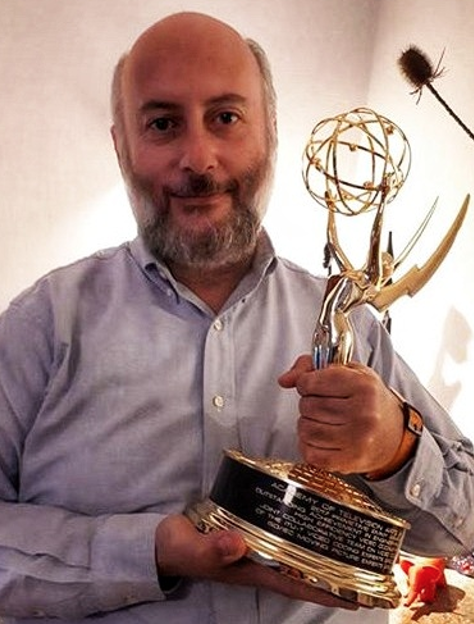 Mr. Simão Campos
Mr. Simão Campos, Counsellor, Telecommunication Standardization Bureau, ITU
Mr. Simão heads the secretariat for ITU’s Study Group 16 (on multimedia standards including audio and video coding, accessibility/human factors, digital health, DLT, ITS) and Focus Group on AI for health (FG-AI4H). His standardization experience started in 1989 with voice compression standards. Simão has managed the development of some notable technical standards, including Primetime Emmy recipients H.264 AVC, H.265 HEVC and JPEG; as well as ITU/WHO H.870 Safe Listening Devices and H.810-series Continua Design Guidelines. Prior to joining ITU, he was a Scientist at COMSAT Labs, USA, and a researcher at Brazil's CPqD telecom research center. A Senior Member of the IEEE, Simão authored several academic papers and position papers, served in the review committee of several IEEE-sponsored conferences, and organized the first ITU Kaleidoscope Conference.
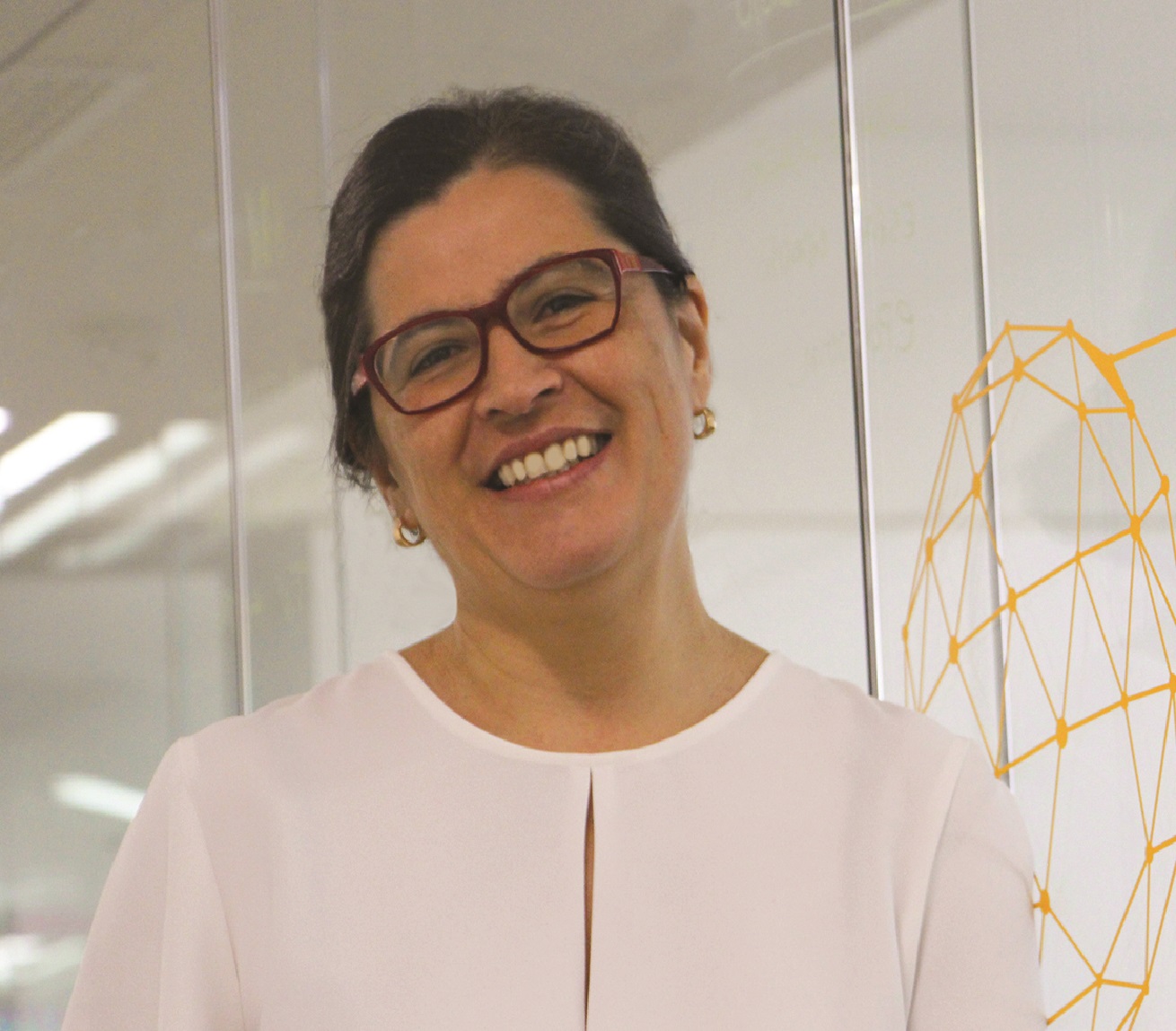 Ms. Sara Carrasqueiro
Ms. Sara Carrasqueiro, Board of Directors, Administrative Modernization Agency, AMA Portugal.
Sara Carrasqueiro is a member of the Administrative Modernization Agency's Board of Directors since March 2018. She has a degree in Electronics and Computer Science and a Masters in Clinical Engineering. Throughout her professional career, she held multiple positions in private and public entities, providing consultancy services in strategic management, auditing, project and quality management, engineering and information systems, specifically regarding the national health system, namely in the eHealth Network, where she participated as a European Commission expert. From 2012 to 2018 she collaborated with SPMS - Shared Services for the Ministry of Health of Portugal, where she had leading positions directing and coordinating departments related to the national health information ecosystem, enterprise architecture and auditing, national registries and interoperability platforms, international projects, among others. Sara Carrasqueiro is also a researcher in these areas, focusing specifically on Public Governance and Administrative Modernization and Innovation. She collaborates with different academic institutions, namely with the University of Lisbon, where she teaches Shared Resources Management and eGovernment.
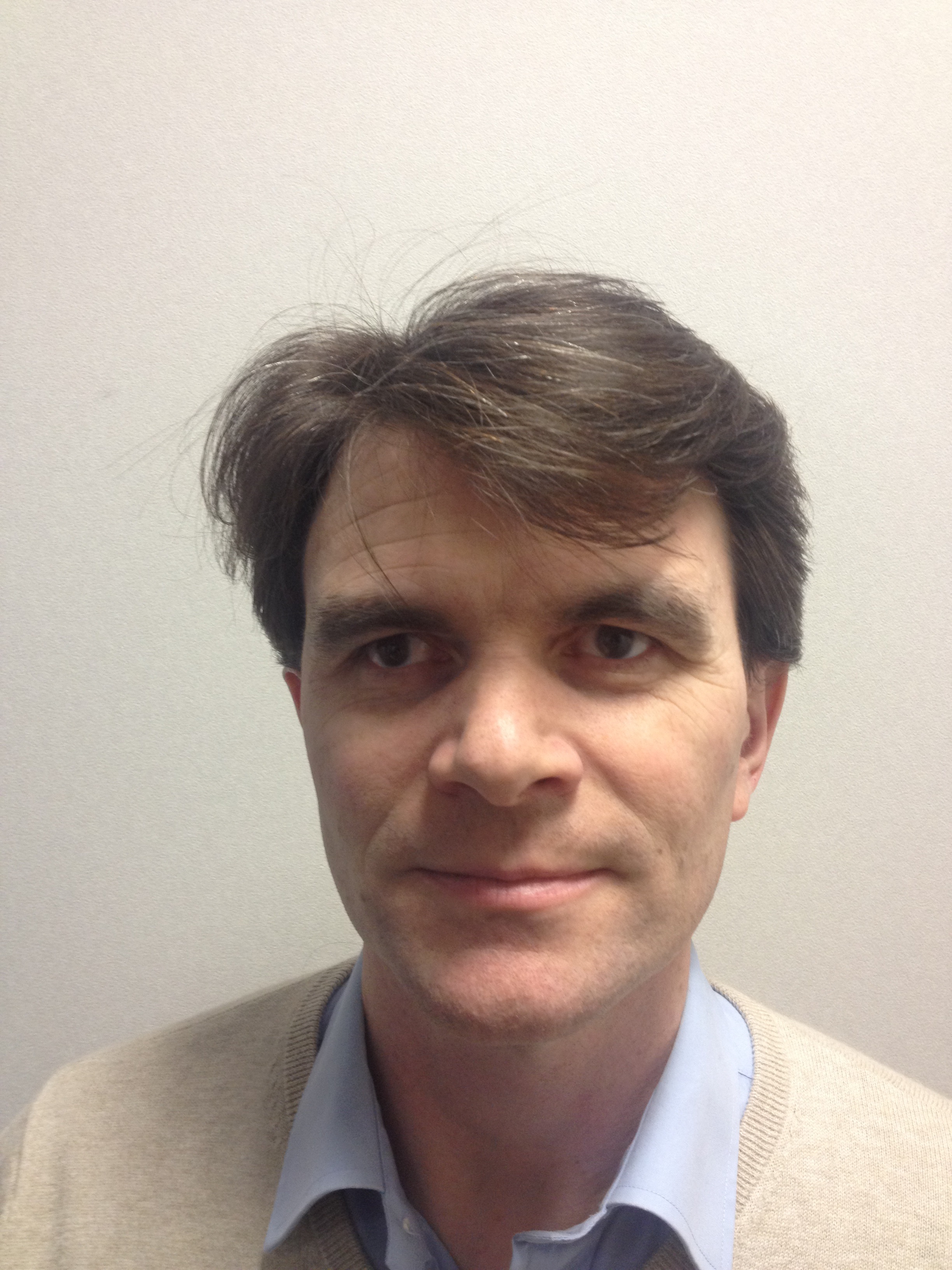 Mr. Robin Christopherson
Mr. Robin Christopherson, MBE, Head of Digital Inclusion, AbilityNet, United Kingdom.
Robin is Head of Digital Inclusion and part of the globally-acclaimed accessibility and tech team of AbilityNet and has spoken at numerous events in recent years. Robin is himself blind but effortlessly enthrals the audience with deft demonstrations of good and bad practice in website and mobile accessibility. Despite being blind Robin uses technology very effectively - using speech output to access computers, the internet, his iPhone and many other technologies to assist him in his work. More importantly he has a first-hand appreciation of the importance of web and mobile design and its impact on accessibility and usability for every customer. Robin also has courtroom experience as an expert technical witness in the area of assistive technology and in software, systems and website accessibility. In addition, he advises companies on their obligations under the Equality Act and the Disability Equality Duty – including the evaluation of case specific reasonable adjustment. After Cambridge University, Robin worked as an IT instructor for the Royal National Institute for the Blind (RNIB) and became a founding member of AbilityNet in 1998. He was awarded the World's 100 Most Influential People in Digital Government (2019), an MBE from the Duke of Cambridge (January 2017), the Tech4Good Special Award (2016), which has previously been conferred on Prof Stephen Hawking, Dame Steve Shirley and Jimmy Wales, and a UK Digital Leaders Public Figure of the Year award (2015). He is also a judge at the Global Mobile Awards (2020) for the fifth year running.
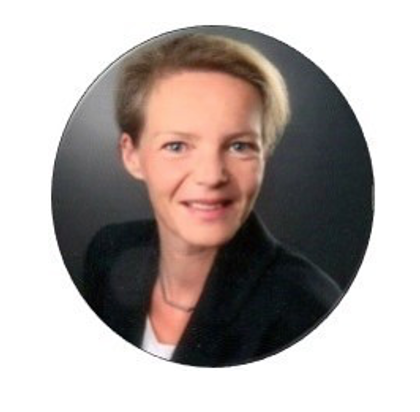 Dr. Susanne Dirks
Dr. Susanne Dirks, Technology of Rehabilitation, TU Dortmund University.
Dr. Dirks is a recognized expert in accessibility. Her current research and teaching activities include the development of accessible digital resources. The focus of this work is primarily on improving cognitive accessibility. Other relevant content of her research includes the development of user-friendly human-machine interfaces, technology acceptance, and participatory software development. In the context of participatory software development, she is also addressing ethical and legal challenges in working with people with cognitive disabilities. As a trained computational linguist, she has many years of practical experience in language technology and in the development of multimodal interactive systems.
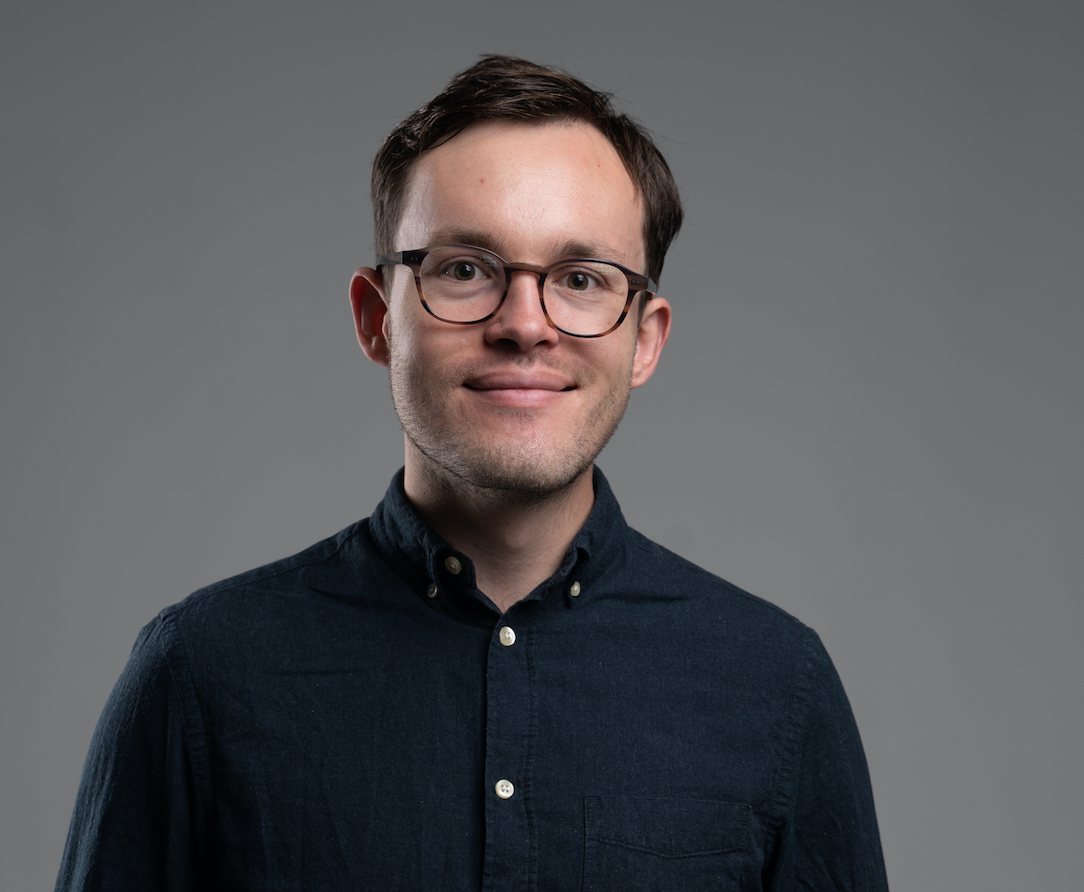 Mr. Endre Olsvik Elvestad
Mr. Endre Olsvik Elvestad, Founder and CEO of SignLab, a startup building a digital learning platform helping families with deaf children learn sign language. Since its launch in 2019, SignLab has quickly become the leading resource for learning Norwegian sign language. The company has won several international awards including awards from The Special Olympics 2019 and The Zero Project. Endre holds a Masters in Computer Science from the Norwegian University of Science and Technology(NTNU) specializing in Virtual Reality & Artificial Intelligence with a focus on sign language.
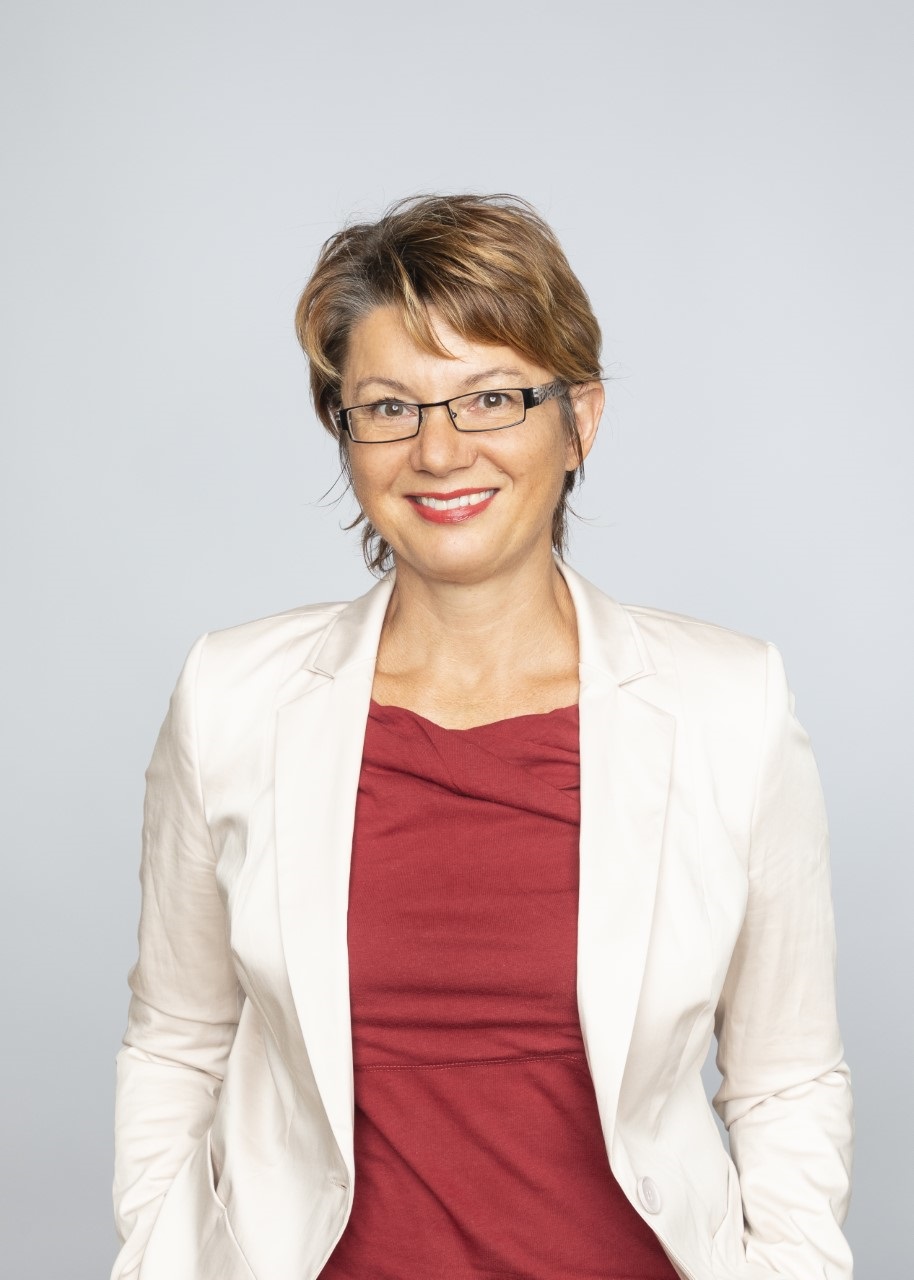 Ms. Walburga Fröhlich
Ms. Walburga Fröhlich, Managing Director Capito
Walburga Fröhlich is dedicated to ideas and projects that contribute to a self-determined lifestyle of disabled people in the midst of our society. After 10 years of professional experience in the development and management of various projects in the field of disability and adult education, she founded the social enterprise "atempo" together with Klaus Candussi in 2000. In Austria, atempo is regarded as one of the leading players in the field of inclusion and equality of people with disabilities. Walburga Fröhlich is Ashoka Fellow, board member of the "Social Economy Styria. For people with disabilities" and 1st Chairwoman of the "Social Entrepreneurship Network Austria SENA".
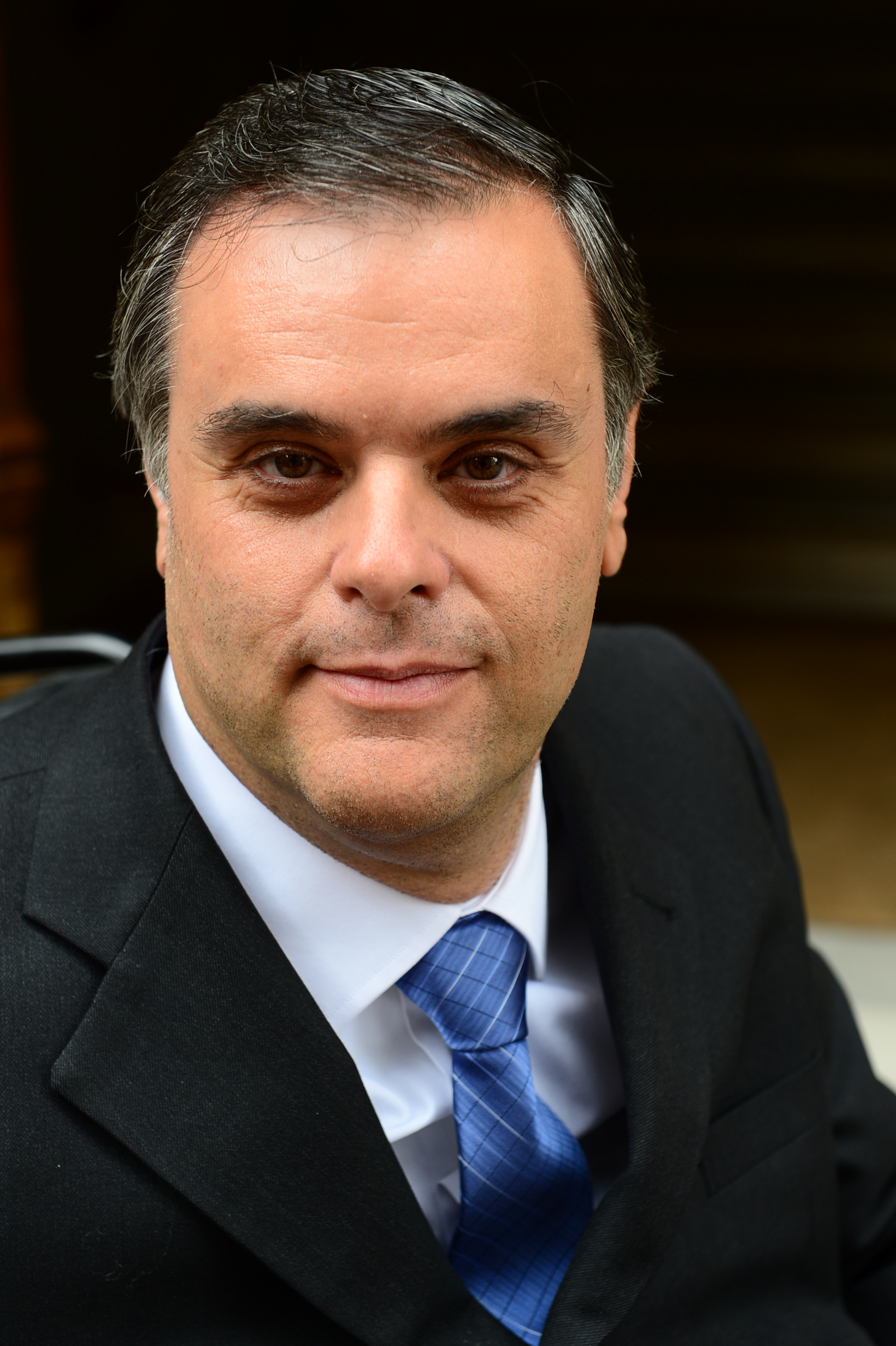 Mr. Jesús Hernández Galán
Mr. Jesús Hernández Galán, Director of Universal Accessibility and Innovation, Fundación ONCE, Spain.
Doctor in Engineering with cum laude honors, with more than 30 years’ experience working in the field of accessibility. From 1990 to 2000, I was as an accessibility consultant specializing in protected natural areas. On 2000, I was appointed General Director and CEO of accessibility consultant company, Via Libre, until 2003 when I became Director of Universal Accessibility and Innovation Directorate at Fundacion ONCE to present. I am currently vice president of the European Network of Accessible Tourism (ENAT), president of the technical standardization committee 170 for Universal Accessibility and Design for All, and a trustee of three foundations working in accessibility. I have also been a jury member of the following awards: Access City Awards from its first edition to present, Queen Letizia Awards, Fundación Universia Innovation Awards and OTIS Accessibility Awards. Additionally, I have been Project Leader of several standardization working groups about accessibility such as European Commission Mandate 420, Accessibility Requirements for Public Procurement and ISO 21902 Accessible Tourism. Moreover, I have been dissertation director and a member of the examination committee for more than ten doctoral dissertations, co-author of over 80 research papers and publications, and have travelled to more than 30 countries to participate at conferences a guest speaker. I have also received additional training at some of the most prestigious universities such as Polytechnic University of Madrid, Stanford University, London School of Economics and IESE.
 Mr. Steffen Helbing
Mr. Steffen Helbing, Board member of World in Sign EU GmbH.
World in Sign is a company that develops new technologies for accessibility and inclusion of all people. World in Sign is represented internationally, e.g., in America (WIS LLC), France (WIS France) and Japan (WIS Japan). Together we develop different products and work every day to break barriers. The companies are run by hearing and deaf people. A major and current problem is the lack of two-way communication between hearing and hearing-impaired people in the everyday life. We developed an innovative interpreter app with a barrier-free emergency call function that can be used by all people and also by all countries in the world in the future. Through this app, hearing people can communicate with deaf people as there is an organized interpreter center in the background who is taking care of the different needs. But this will not be all - we are working strongly with a large network of telemedicine industry, for access to information of emergency response or even speech recognition systems.
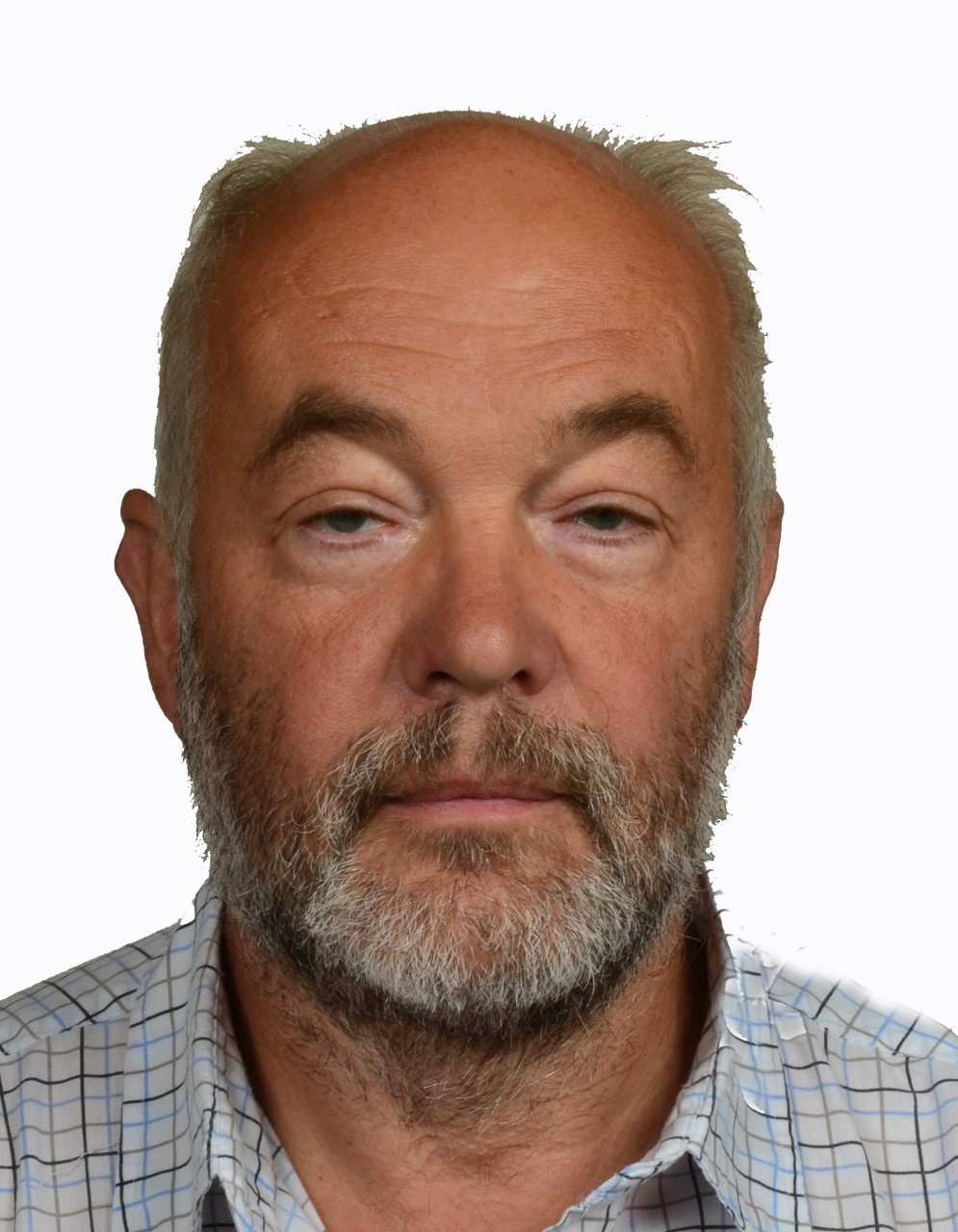 Mr. Philip van Houtte
Mr. Philip van Houtte, Coordinator EUR AAL project IANVS.
MSc Computer Sciences, graduated Leuven 1981. He has held various positions at Philips Electronics in industrial engineering and product management. From 1983 to 1992 he was in charge for the software development at Philips Hasselt, leading a team of 60+ engineers releasing products such as CD-ROM, CD Recordable, CD-I and digital television networks. From 1992 till 2006 Philip was product manager for digital television network products. From 2009 onwards Philip was solution architect for a set of java-based products and services including Ultra-wide-band technologies, on which the IANVS AAL project is based. Business Generation Expertise: In 2006 he left Philips to acquire a design house headquartered in Beijing, PRC. Philip managed the turn-around of his company and re-focussed it from digital television into location-based services. In 2018 Philip won an 2.6M EUR AAL project IANVS, for which he is the main coordinator.
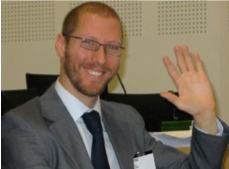 Mr. Humberto Insolera
Mr. Humberto Insolera, Executive Committee, European Disability Forum (EDF).
Humberto Insolera was born from a Deaf family and has studied in various universities (Padova, Bristol, Geneva and Washington D.C.). After his graduating, he attended and delivered various seminars, conferences and workshops in various continents. In 2009, he was Board Member of the European Union of the Deaf (EUD), and since 2013 has been EUD vice-president till 2017. During his time at EUD he has actively participated in European Institutions, such as European Parliament Committee Sessions, European Commission Conference on the European Day of Persons with Disabilities and also in the Council of Europe. From 2013 he has been chairing of the Accessibility Working Group. Dr Humberto Insolera was a Consultant on foreign affairs of the Ente Nazionale Sordi (ENS), Lecturer of Deaf Studies, and independent consultant.
He was a Member of the Expert Group on Human Rights for the World Federation of the Deaf (WFD). In addition to this, he has been an Italian Youth Committee Member and coordinated the first and second Italian Deaf academic conference for deaf, deaf blind and hard of hearing delegates in 2011 and 2016. He also participated in the UN CRPD Ad Hoc Committee meetings in New York and was involved in the implementation and monitoring processes of the UN CRPD both in Italy and at a European level via EUD. In May 2017 he has been elected in EDF Board of Directors and EDF Executive committee. He is chairman of the EDF’s ICT email expert group, EDF Human Rights and Non-Discrimination Committee member, and EDF Youth Committee substitute.
 Ms. Akiko Ito,
Ms. Akiko Ito, Chief of Programme on Disability, Secretariat for the Conference of States Parties to the CRPD, UNDESA/DISD
for more than 25 years, building on intellectual and political resources as well as expert and advocacy networks that enabled the adoption of an international convention on disability and the inclusion of the rights and the disability perspectives in the global agenda, most recently in the 2030 Agenda for Sustainable Development. With the legal background and three decades of experiences in international law, international human rights law, international organization, gender equality and empowerment of women and disability rights and inclusion of the disadvantaged groups in the global development agenda, I have built extensive networks of policy-makers, government officials, United Nations offices, civil society organizations, in particular organizations of disabled persons, academic institutions as well as the private sector.
 Ms. Rita Jacinto,
Ms. Rita Jacinto, Program Manager, Division for the Pedestrian Accessibility, Lisbon Municipality, Portugal
Rita is a Program Manager at the Division for Pedestrian Accessibility, Lisbon City Council, Portugal. Working for the City since 2016, Rita has collaborated on a variety of projects and public policy initiatives, namely FLOW (CIVITAS H2020) - improving pedestrian mobility; Open Home (Casa Aberta) - tackling housing accessibility conditions for older and disabled people, and Gender&Mobility – safety of women in public transport and public space. Rita has also recently joined the VoxPop Lisbon project (UIA), working on how to use digital data and technology to improve disabled people mobility experiences and opportunities. With a degree in Ergonomics (Lisbon University), Rita undertook an MSc in Human Factors for Inclusive Design at Loughborough University, UK. After living in London for some years, working and studying in the field of Urban Studies, Rita moved back to her home town to work on the cities’ challenges on accessibility, public space and social justice. Her last training course focused on Collaborative Participation (ISCTE, Lisbon University).
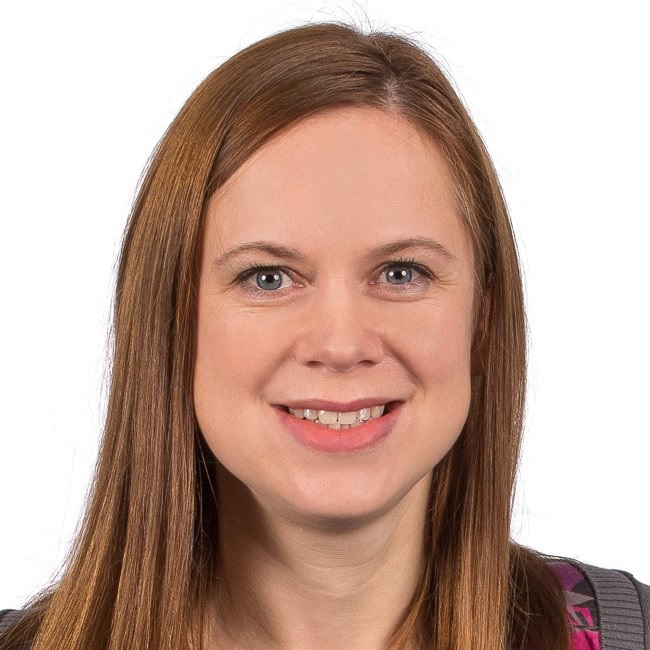 Ms. Andrius Kantakevicius
Ms. Andrius Kantakevicius, Product Evangelist, Claro Software
Claro Software was founded by entrepreneur Dave Stevens and assistive technology expert Professor Paul Blenkhorn in 2004. From 2018 has been owned by leading Norwegian assistive technology company, Lingit AS. Lingit are spelling and linguistic experts and their technology complements Claro Software’s strengths. We are experts in speech synthesis, word prediction, spellchecking and switch access, and combine them to make innovative, easy-to-use products on Microsoft Windows, Apple Mac, Google Chromebook, iPad and iPhone, Android, and on the Web. Our mission is to enable people with disabilities to achieve their potential in education, personal life and the workplace through the use of innovate, easy-to-use assistive technology software. Our founders gave a legacy of being honest and polite and being passionate about technology and people with disabilities.
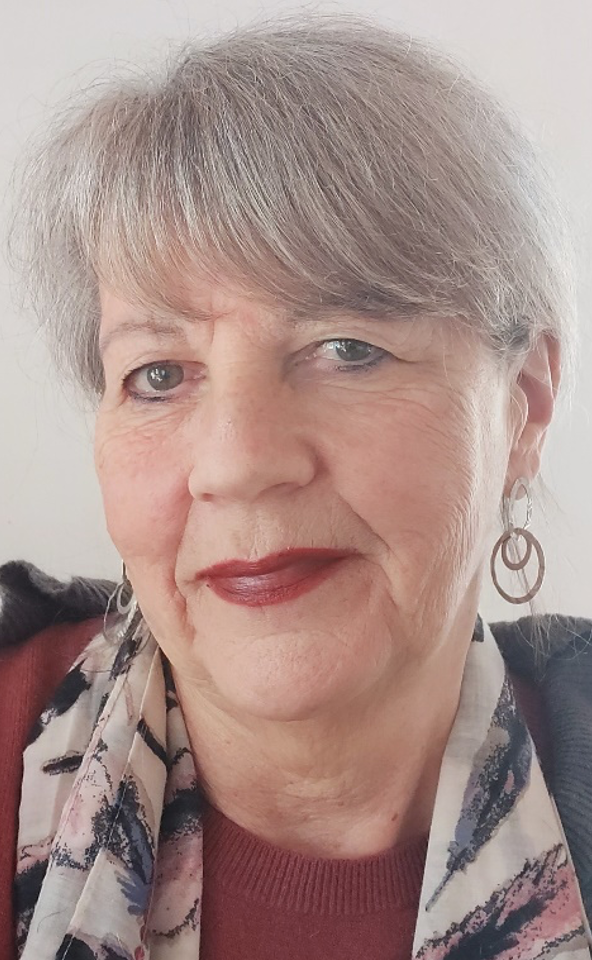 Ms. Monika Klenovec
Ms. Monika Klenovec, DI, Architect & Lecturer TU Vienna on Design for All/Universal Design; Access Consultants, Austria
After several years working as a certified architect on different projects she started a new professional career as a standardisation manager for 15 years within Austrian Standards Institute (ASI) responsible for general horizontal building construction standards (including also building physics, fire safety etc.) in national, European and international standardisation. During these years she was more and more involved in accessibility in the built environment and in the design for all concept and in 1996 she was invited for lecture at TU Vienna / Architectural department on Design for all. From 2007 to 2011 she chaired NGO Committee on Ageing at UN Vienna which widens her view on the challenges and needs of elderly people in an ageing society. From 2003 on she started as independent certified Access Consultant to work on projects on tourism facilities, schools, offices, residential buildings and on accessible villages to implement accessibility. Since 2003 she has been delegated by the Austrian Consumer Council as standardisation expert in Austrian standardisation committees related accessible buildings and building construction, also delegated to ANEC (European Voice of Consumers in standardization) “WG Accessibility”. In 2006 she founded and was chairperson until 2014 of the association “design for all”/Austria (www.designforall.at), recently acting as ambassador. She participated actively from 2003 until today as a member in UIA (Union Internationale des architects) WP “Architecture for all”, Region 1, also as jury member in the 1st and 2nd UIA Award on “Friendly Spaces accessible to all” raising more awareness on accessibility among architects. For Austrian standards she developed a training course in 3 modules for certified accessibility experts in the built environment starting 2011 and running until today. She participated in the 10 years development of ISO 21542, first published in 2011 and in the recent revision. From the European Commission she was invited to participate in different projects, such as “Build-for-All, Living-All, Stand4All” and as jury member at the “EU Access City Award”, and in “World Architecture Festival”. As Project Team Leader in Mandate M/420 “Accessibility in public procurement in the built environment” in Phase I and continuing in Phase II since 2016 she elaborated with the PT of 5 European accessibility experts the recently published EN 17210 Accessibility and usability of the built environment - Functional requirements, and FprCEN/TR 17621 with Technical criteria and specifications and FprCEN/TR 17622 with Conformity assessment to fulfil the functional requirements in EN 17210 (under Approval vote).
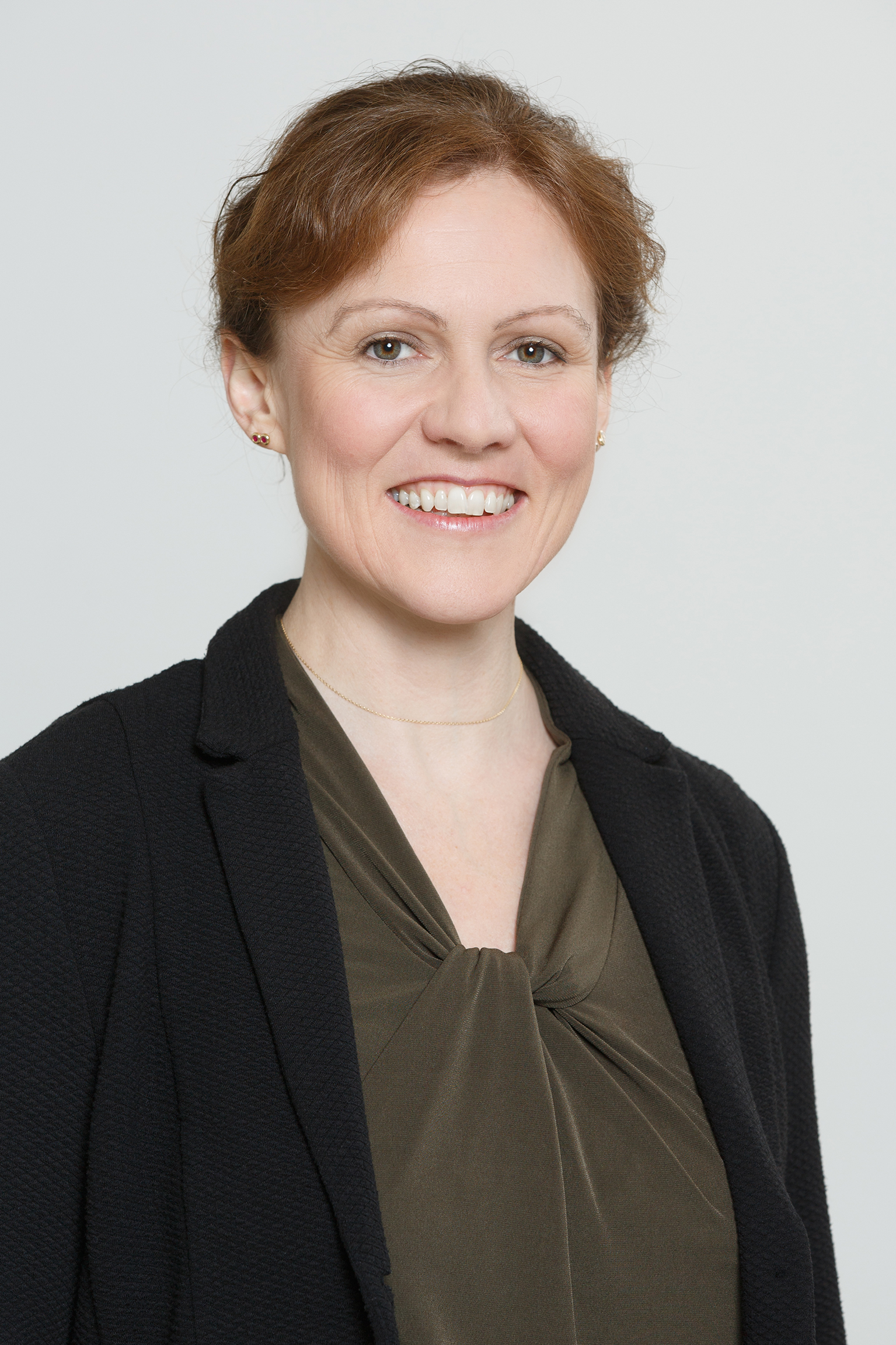 Ms. Sabine Lobnig, Director of
Communications, Mobile and Wireless Forum
Ms. Sabine Lobnig, Director of
Communications, Mobile and Wireless Forum
Sabine Lobnig is the Director of
Communications at the Mobile & Wireless Forum (MWF), an international
association of telecommunications equipment manufacturers with an interest in
mobile or wireless communications. She has a background in linguistics (including
sign language and braille) and focuses on informing consumers about
accessibility of mobile devices and expanding the Global Accessibility
Reporting Initiative (GARI, www.gari.info). You find more information about
Sabine at: http://at.linkedin.com/pub/sabine-lobnig/11/48b/24
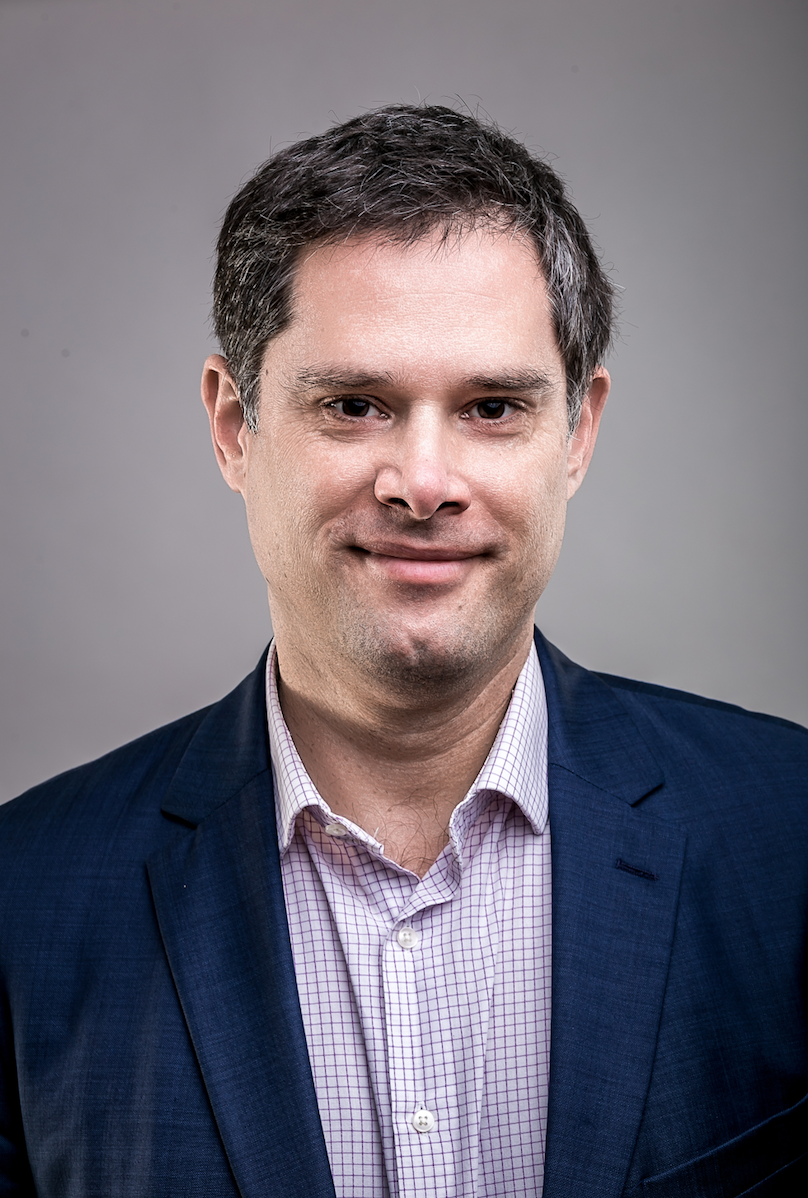 Dr. László Lovászy
Dr. László Lovászy, PhD, Senior research fellow at University of Public Service, Budapest and Former expert to UNCRPD Committee (2013-2021)
He received his law degree in 2000 and earned his Ph.D. title (2007) in the field of labor law, international law and social policy. He worked for the ministries of social and labor affairs between 2001 and 2009 in Hungary. He was the first hard of hearing scientific policy advisor to a member of the European Parliament between 2009-2018. He was elected at the UN General Assembly as an expert to the United Nations' Committee of the Rights of Persons with Disabilities (UNCRPD Committee) in 2012, and was re-elected in 2016. He took part in more than 80 constructive dialogues and was appointed as country rapporteur for a number of countries. He has been working as a ministerial commissioner on supporting strategic governmental research since 2018. He is also a senior research fellow of the Faculty of International Relations and Diplomacy at the University of Public Service (UPS) in Budapest and an associate senior research fellow at Social Futuring Center (SFC) at Corvinus University of Budapest. He has more than 170 publications, the most recent and relevant article on disability in English was published at IEEE Technology and Society ‘What if My Disability Will not be Relevant in the Future?’.
https://technologyandsociety.org/what-if-my-disability-will-not-be-relevant-in-the-future/
 Mr. Fernando Machicado
Mr. Fernando Machicado, Architect and Secretary of CEN-CENELEC-ETSI Joint Working Group on eAccessibility
Mr. Machicado is in charge of Stakeholder Engagement at UNE, the Spanish Association for Standardisation. As part of my work with key stakeholders, he coordinates the Accessibility Standardisation Programmes of UNE. He has managed the drafting of the 1st International and European standards on the accessibility of the built environment (ISO 21542:2011 and EN 17210:2021, EC Mandate M/420), as Secretary of ISO/TC 59/SC 16 (2010-2019) and of CEN-CENELEC JTC 11 (from 2015). As Secretary of the CEN-CENELEC-ETSI Joint Working Group on eAccessibility (from 2013), he has been involved in the management of the works of the 1st European Standard on the accessibility of ICT products and services, EN 301 549, drafted under EC Mandates M/376 and M/554. He has also participated on R&I projects related to Active and Healthy Ageing (PROEIPAHA, PROGRESSIVE).
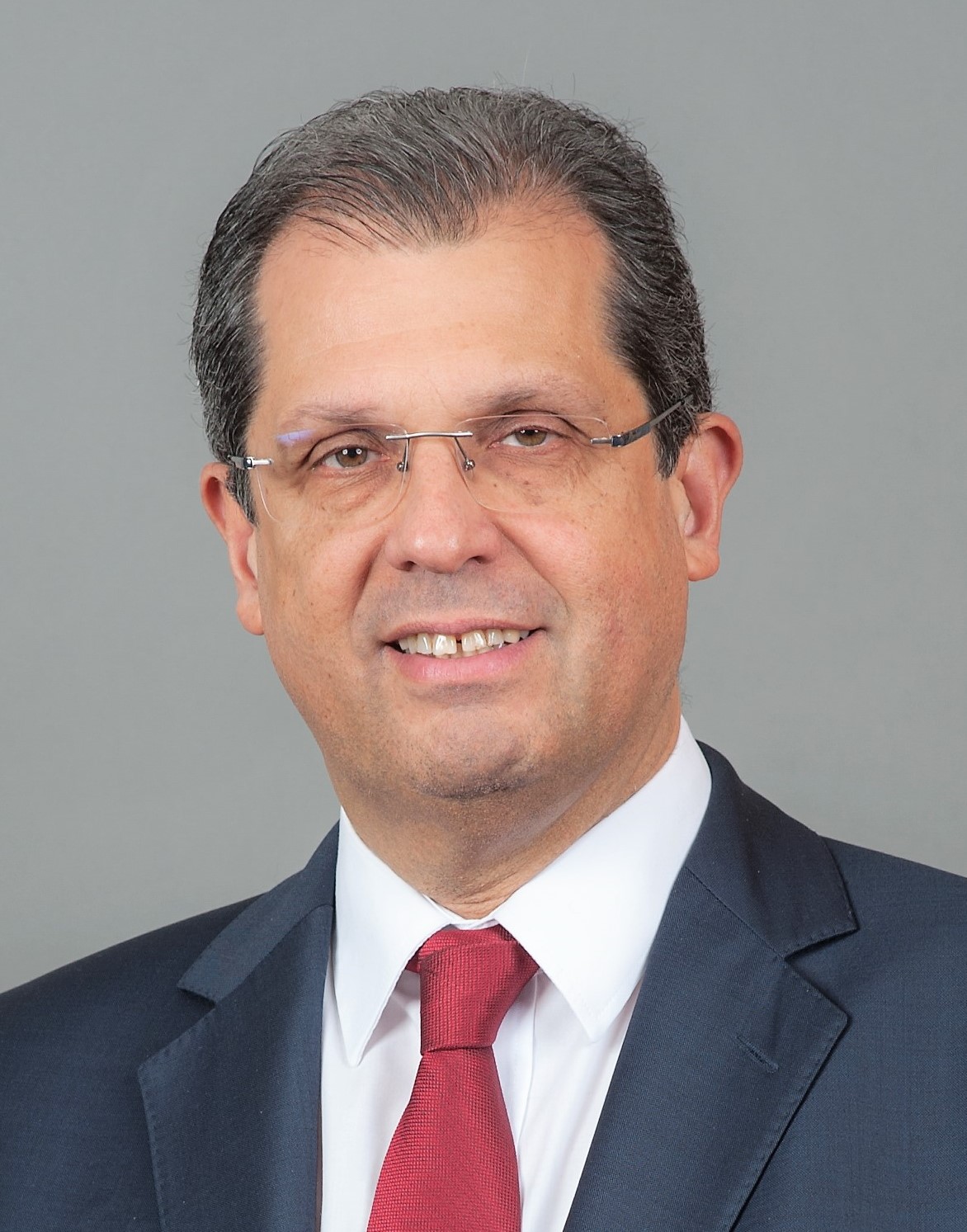 Mr. João Cadete de Matos
Mr. João Cadete de Matos, Chairman of the Board, ANACOM, Portugal.
Chairman of the Board of Directors of Autoridade Nacional de Comunicações(ANACOM), the national regulatory authority for communications in Portugal, and Chairman of the Board of Directors of the Portuguese Communications Foundation. Member of the Body of European Regulators for Electronic Communications (BEREC). Served as Chairman of the European Group for Postal Services (ERGP) in 2019, and as Vice-Chairman in 2020 and 2021. Is the Chairman of the Euro-Mediterranean Regulators Group (EMERG) in 2021. Until August 2017: Director of Statistics of the Portuguese central bank and Invited Professor at NOVA Information Management School of Universidade Nova de Lisboa.
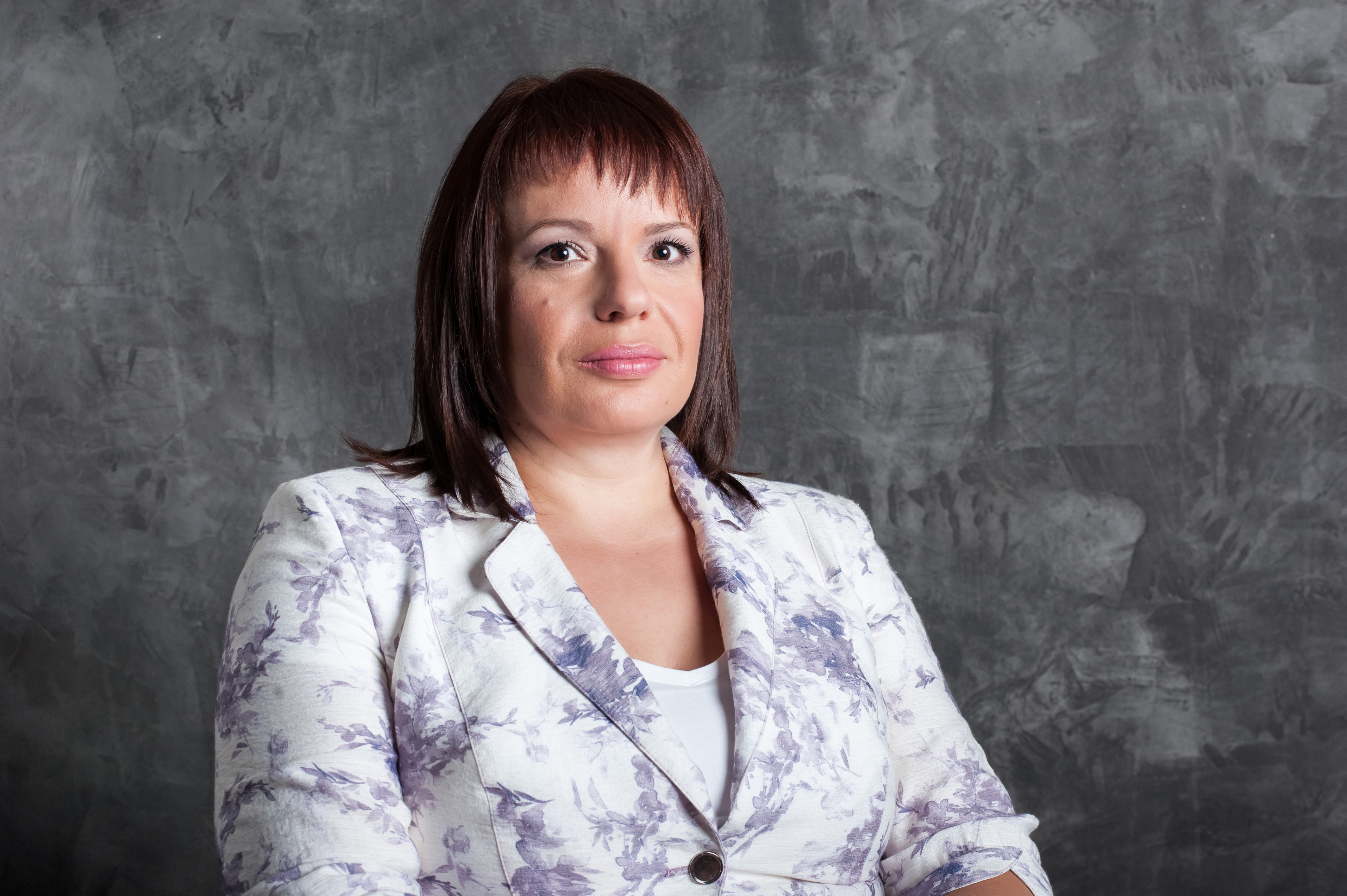 Ms. Ljupka Mihajlovska
Ms. Ljupka Mihajlovska, Chairwoman of the Serbian Alliance for Accessibility, Serbia
Ljupka Mihajlovska graduated from the Faculty of Philology, University of Belgrade, Department of Library and Information Science. She started her career in the non-governmental organization, first as an activist, and then as the director of the Association of Students with Disabilities, after which she became the director of the Center for Students with Disabilities at the University of Belgrade, where she still works today. She has written and implemented numerous projects related to the improvement of the position of persons with disabilities. She has participated as a speaker in several dozen international and domestic conferences concerning human rights and civic activism. In 2016 she was elected as a Member of Parliament in the National Assembly of the Republic of Serbia, and she was the head of the Working Group for Improving Accessibility established by the Government of the Republic of Serbia. She has delivered a large number of training sessions for young people and university staff. During the COVID 19 crises, together with her colleagues, she founded Serbian Alliance for Accessibility aiming to raise awareness about the lack of accessibility in Serbia.
 Mr. Bengt G Mölleryd
Mr. Bengt G Mölleryd, Expert, Body of European Regulators for Electronic Communications (BEREC)
Bengt G Mölleryd is a senior analyst at the Swedish Post and Telecom Agency (PTS) working with economic analysis and issues around digital transformation. He is also designated chair for the Working Party on Communications Infrastructure and Services Policy (WPCISP) at the OECD, and a guest researcher at Wireless@KTH (Royal Institute of Technology, Stockholm).
 Ms. Catherine Naughton
Ms. Catherine Naughton – Director, European Disability Forum (EDF).
Catherine Naughton is the Director of the European Disability Forum (EDF), a unique platform which brings together representative organisation of persons with disabilities from across Europe. She is also the Vice President of the Social Platform. Social Platform is the largest network of European rights- and value-based civil society organisations working in the social sector. Catherine has an academic background in public health, and 25 years of experience in the field of disability- with a particular focus on inclusive development: the rights of persons with disabilities in low and middle income countries. She has worked in many countries, and at the EU and International level in promoting the inclusion of person with disabilities in mainstream development and humanitarian programmes.
 Ms. Amela Odobašić
Ms. Amela Odobašić, Director of the Broadcasting at Communications Regulatory Agency of Bosnia-Herzegovina and Vice-Chair of ITU-D Study Group 1
Ms. Amela Odobašić is Director of Broadcasting of Communications Regulatory Agency of Bosnia and Herzegovina. Besides, Ms. Odobasic is Vice-Chair to Study Group 1 for Europe and Rapporteur for the Study Group 1 Question 7, “Access to telecommunications/ICT Services by persons with disabilities and other persons with specific needs,” for the mandate 2018-2021. She is a fervent advocate for promoting and protecting fundamental human rights and believes that digital and social inclusion should be ensured not only for persons with disabilities but for All.
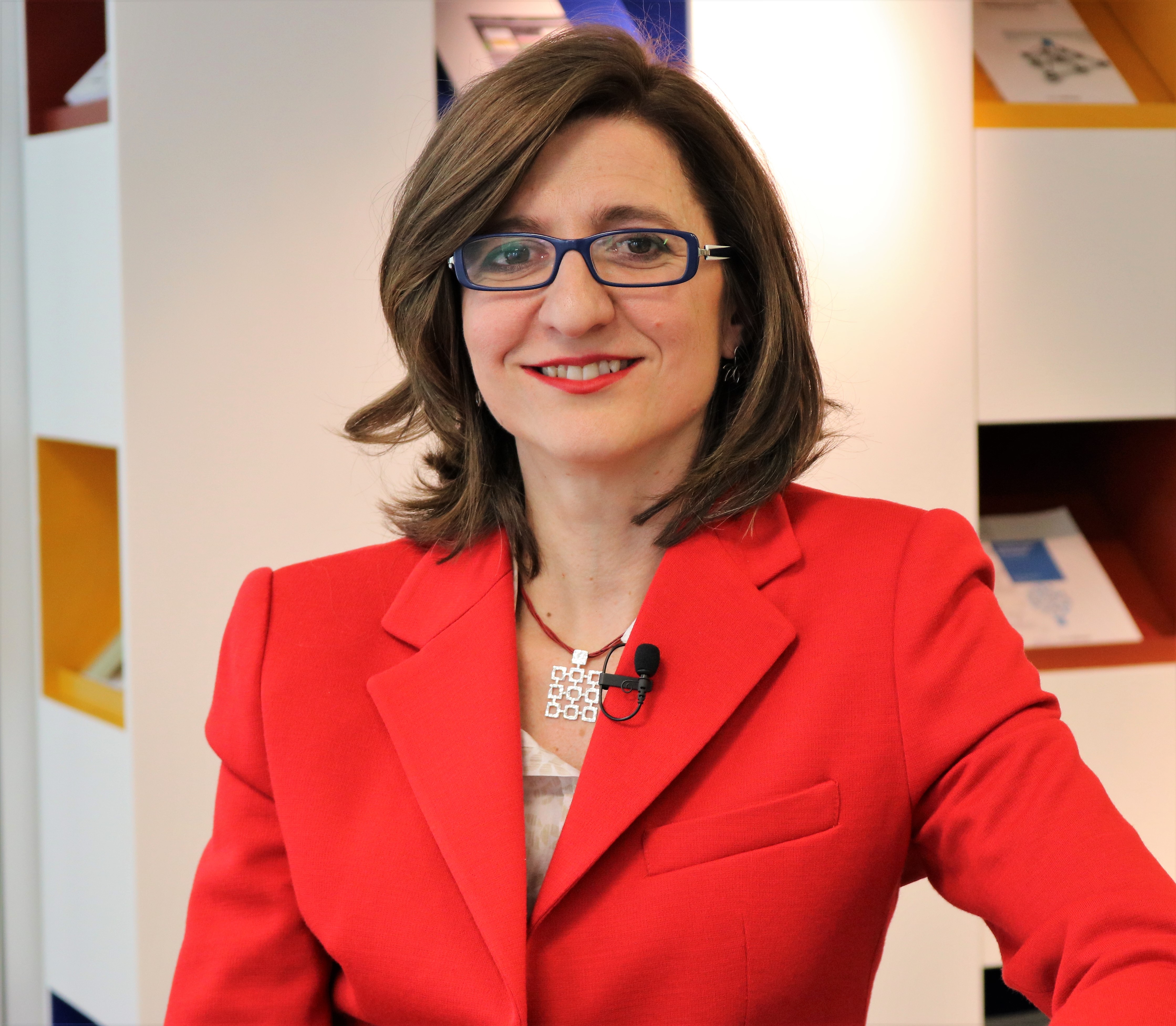 Ms. Tania MARCOS PARAMIO
Ms. Tania MARCOS PARAMIO, Vice-Chair of the UN initiative ‘United for Smart Sustainable Cities’ (U4SSC)
Tania is Head of Smart Sustainable Cities at the Spanish Association for Standardization (UNE), where smart cities/ smart tourism destinations are to be Accessibility, also taking advantage of ICT. She is Vice-chair of ITU-T Study Group 20 on Internet of things (IoT) and smart cities and communities (SC&C), on behalf of the Spanish Secretary of State for Telecommunications and Digital Infrastructure, within the Ministry of Economic Affairs and Digital Transformation. For more than a decade was responsible for promoting accessibility in all Standardization fields, breaking from traditional focus on assistive technologies and expanding to include requirements for Universal Accessibility and Design for All in any product or service, fostering equal opportunities and dignity, contributing to an inclusive society that cares for quality of life of all citizens, their independent living and active ageing (by cooperating with W3C/WAI, EDF, CEAPAT-Imserso for WHO Global Network for Age-friendly Cities and Communities, etc. in ITU, ISO, IEC, CEN, CENELEC and ETSI).
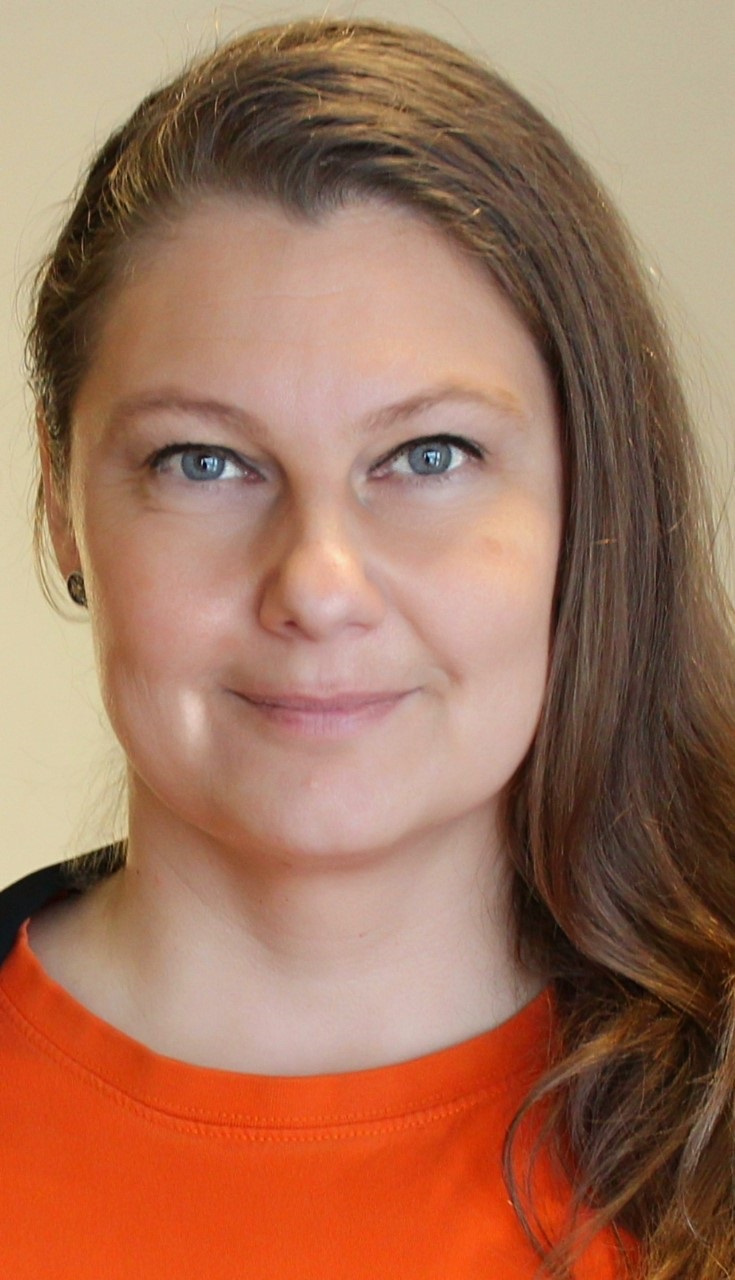 Ms. Katarina Pavšek
Ms. Katarina Pavšek, CEO & Founder of Feelif
Katarina Pavšek is a civil engineer and architect by profession. After working in her field for 10 years, Željko Khermayer, the innovator and CEO of Feelif invited her to become part of the team. This was a completely new field for her, but she was instantly fascinated by it. Her previous experience and the knowledge she gained in her profession and many years of experience in music, fine arts, and writing skills helped her with applications to contests and with the promotion of Feelif in the world. Together with the rest of the team, she participated in the transformation of the prototype into a Feelif product. Today, she is a Content Designer and in charge of PR at Feelif. She is also actively involved in the development of the Feelif device with the aim to make Feelif even more helpful to the blind and visually impaired.
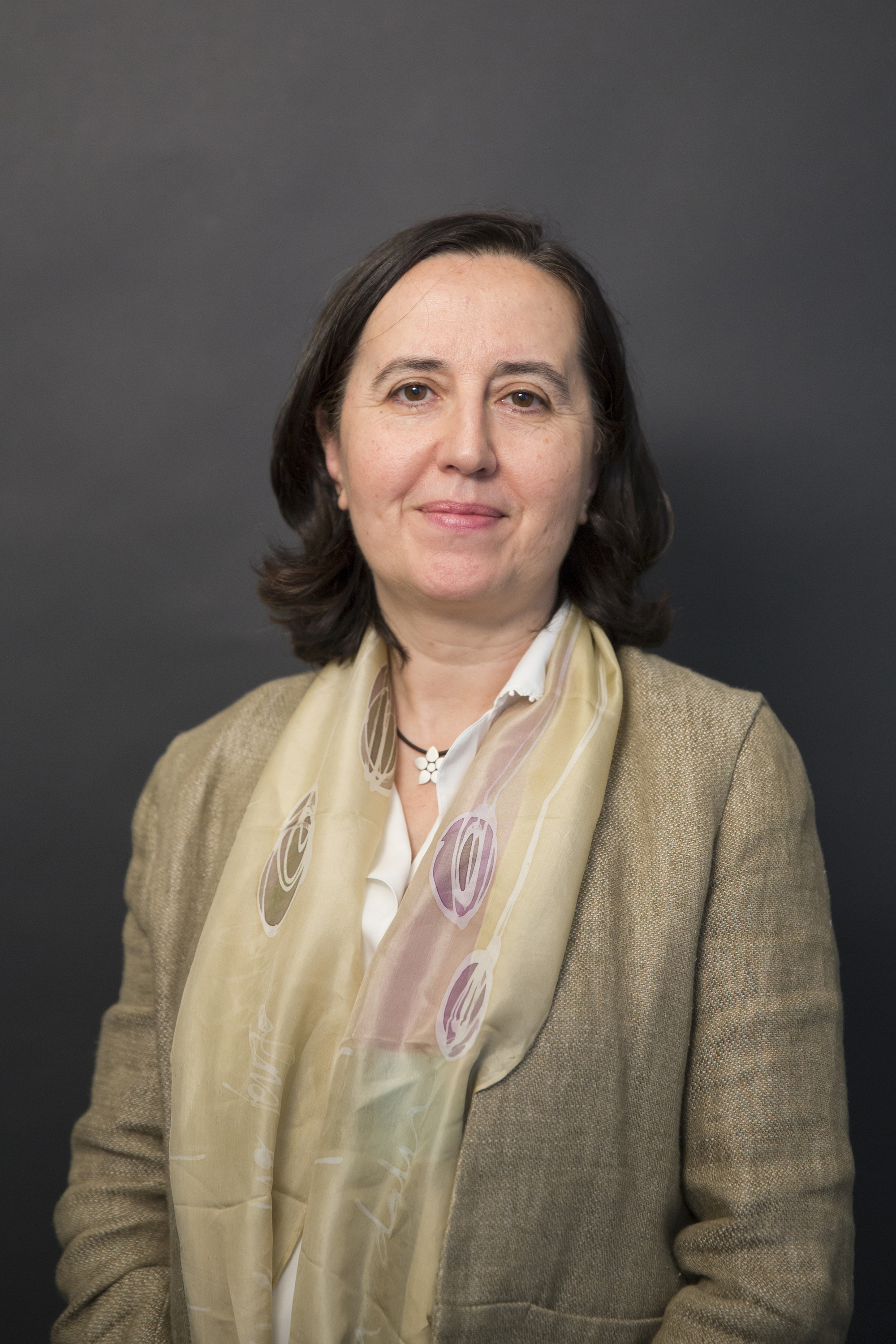 Ms. Inmaculada Placencia Porrero
Ms. Inmaculada Placencia Porrero, Senior Expert in Disability and Inclusion at Directorate-General Employment, Social Affairs and Inclusion, European Commission.
Her unit is responsible for the coordination of European policies for persons with disabilities. She works on European disability policies including the European Disability Strategy 2010-2020, and the EU implementation of the UNCRPD. Inmaculada holds a degree in Physics and Computer Science and worked in research and development before joining The European Commission in 1991. She has worked on research programmes addressing accessibility as well as assistive technologies and was Deputy Head of Unit for various disability-related units in the Commission. Her work in the "e-Inclusion" unit of the Directorate-General for Information Society and Media addressed accessibility policy. While at the Directorate-General for Justice she contributed to disability-related antidiscrimination legislation. She was responsible for the Task Force for the preparation of the European Accessibility Act and remains responsible since its adoption in 2015. Currently under the Directorate General for Employment, Social Affairs and Inclusion, she is also working on the preparation of the post 2020 European Disability Strategy.
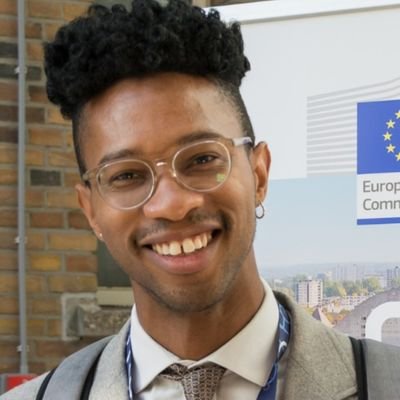 Mr. Federico Batista Poitier
Mr. Federico Batista Poitier is the Accessibility Policy Officer at the United Cities and Local Governments and an international policy expert and advisor on the implementation of the UN Convention on the Rights of Persons with Disabilities; particularly in the context of urban development and the frameworks of the Sustainable Development Goals and the New Urban Agenda. His background is in International Development with a focus on International, Regional and National Disability Policy; International Human Rights Law, Education, Grassroots & Community Development, Gender Equality and Human Rights Advocacy. His professional and educational experience span various regions including, Southern Africa, Europe, Asia, North & South America and the Middle East.
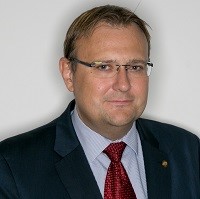 Mr. Jaroslaw K. Ponder
Mr. Jaroslaw K. Ponder, Head of the Office for Europe, International Telecommunication Union (ITU)
Mr. Ponder represents the ITU in Europe by directing actions, projects, initiatives and expert groups targeting 46 countries of the Europe Region. His portfolio includes set of Regional Initiatives for Europe, designed by the European Member States and focusing on the ICT Infrastructure, Digitization, Digital Inclusion, Accessibility, Innovation and Cybersecurity. Along the professional career, Mr. Ponder held official positions in the public sector and was a contributor to the legislative projects having the impact on the public policy. Since 2014 Mr. Ponder has been working for ITU holding diverse positions in the General Secretariat, Telecommunication Development Bureau, and Regional Presence, addressing complexity of information society development and digital transformation at national, regional, international level, including United Nations level. For several years he has managed ITU’s work on the United Nations World Summit on the Information Society (WSIS) process, leading towards the establishment of the annual WSIS Forum, WSIS Prizes, WSIS Stocktaking, others.
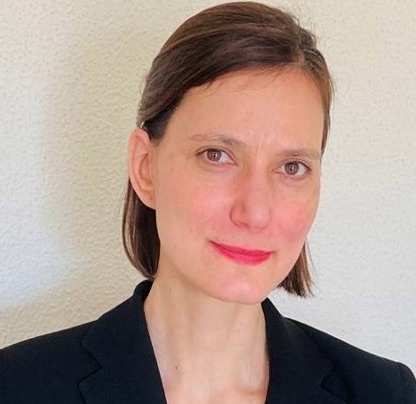 Ms. Marta Presmanes
Ms. Marta Presmanes, Project Manager, European Agency for Special Needs and Inclusive Education
Marta Presmanes is Project Officer with the European Agency for Special Needs and Inclusive Education since June 2019. She supports the Agency on the analysis of the EU institutions and International Organisations inclusive education policies, legislation and implementing initiatives. Previously, she worked for the European Commission in the project management of EU countries’ structural reforms in education and international cooperation programmes in Sub-Saharan Africa. She has a Master’s in Economics from KU Leuven, Belgium and a Bachelor’s in Economics from Madrid-Autónoma, Spain.
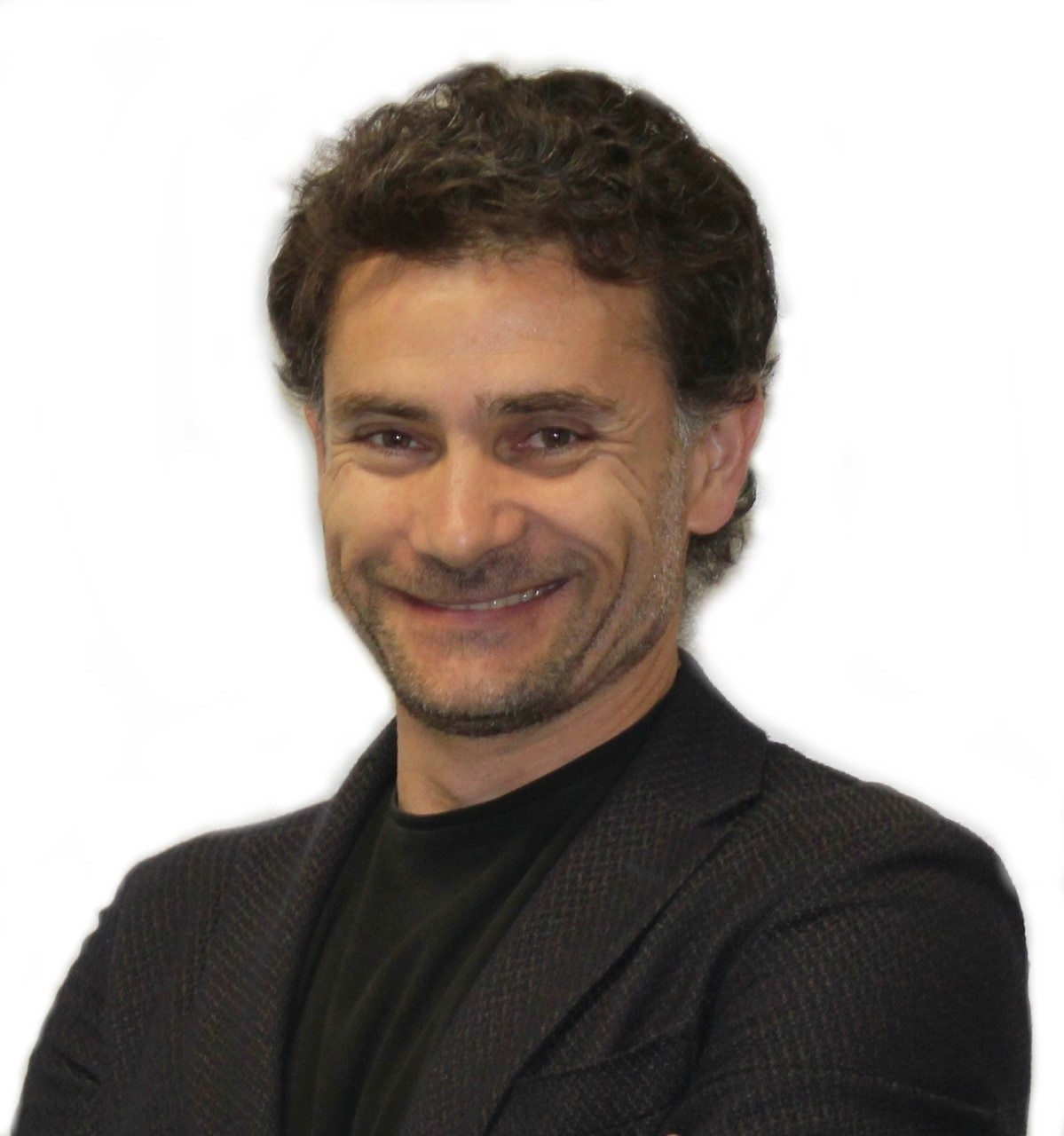 Mr. Arturo Montejo-Ráez
Mr. Arturo Montejo-Ráez, Chief Technological Officer, Pictogram.
Ráez is an assistant professor at the University of Jaén (Spain), in the Department of Computing. He initiated his research activity at the European Laboratory for Particle Physics (CERN) in Geneva (Switzerland), dealing with the automatic classification of High Energy Physics research papers more than 15 years ago. Since then, he has actively contributed to the advancement of Natural Language Processing methods and techniques, a relevant area in Artificial Intelligence. He has a hundred of publications in indexed journals and conferences and continues the research activity in topics ranging from Semantic Web to Natural Language Understanding and Deep Learning. As a professor, he teaches on modern web technologies and, five years ago, created with his colleagues, the startup Yottacode S.L., devoted to the development of non-invasive and effective solutions to language disorders. He is its Chief Technological Officer.
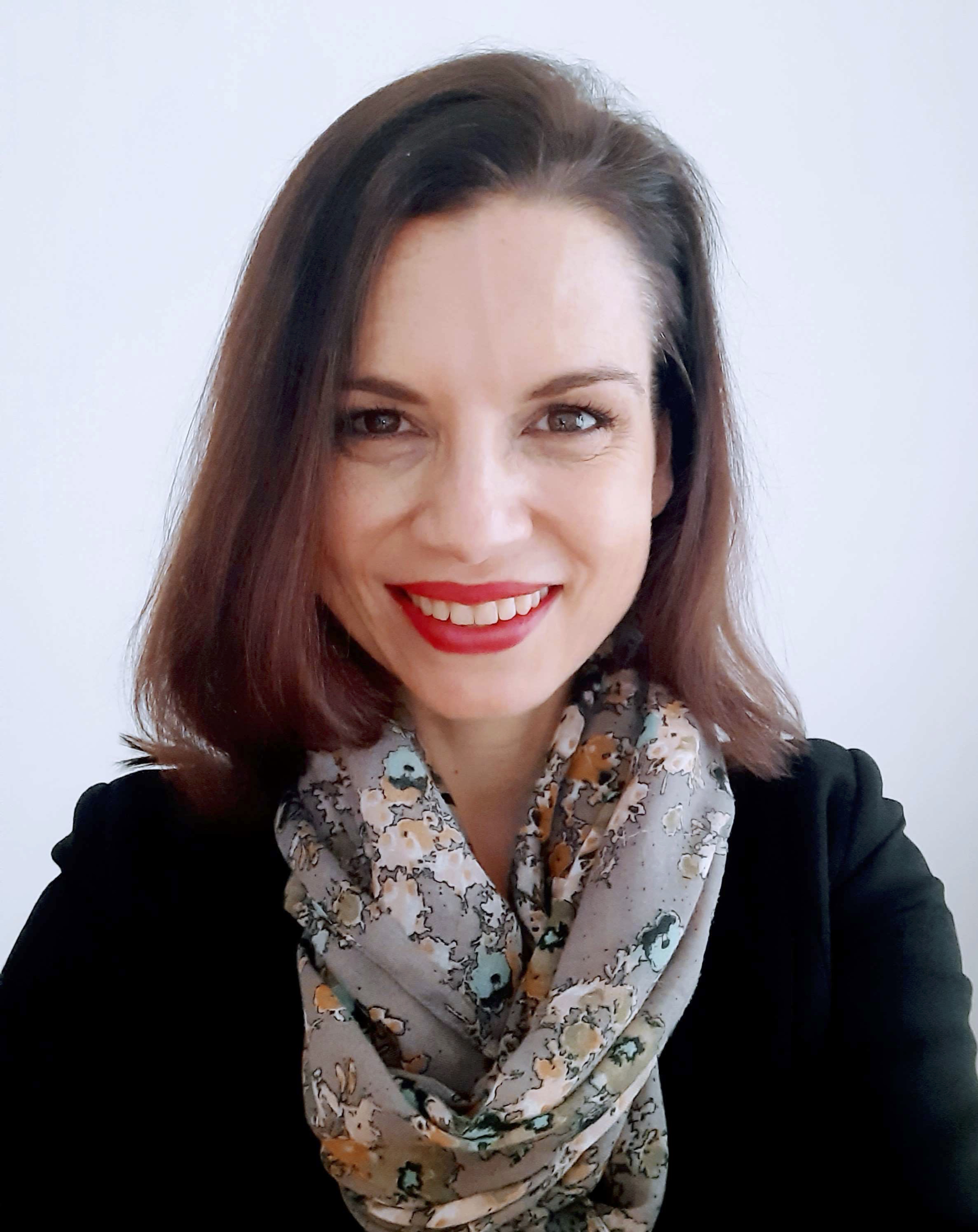 Ms. Zuzanna Raszkowska
Ms. Zuzanna Raszkowska, Deputy Director at the European Affairs and International Cooperation Department, Ministry of Funds and Regional Policy in Poland.
Ms. Zuzanna Raszkowska leads the team responsible for Implementing the European Accessibility Act into Polish law. From the beginning of her professional career, she has engaged in the work in the public service in the field of international cooperation, first in the regional self-government, and then in the government central administration. Interested in European relations and EU legislation. In 2011 member of the team of Polish Presidency in the EU Council. Afterwards responsible in her home ministry for the coordination of the EU decision-making process in the field of transport and regional and cohesion policy. One of the most important experiences was direct participation as a national delegate in the European Accessibility Act negotiations – the EU directive that aims to improve the functioning of the internal market for accessible products and services (also digital services) and avoid social exclusion caused by the inaccessibility of such products and services. Currently working on implementing this act into Polish law. A graduate of European Studies at the Faculty of Law and Administration of Adam Mickiewicz University in Poznań, postgraduate studies in foreign policy, EU project management, as well as a one-year transnational law program at the University of Geneva in Switzerland.
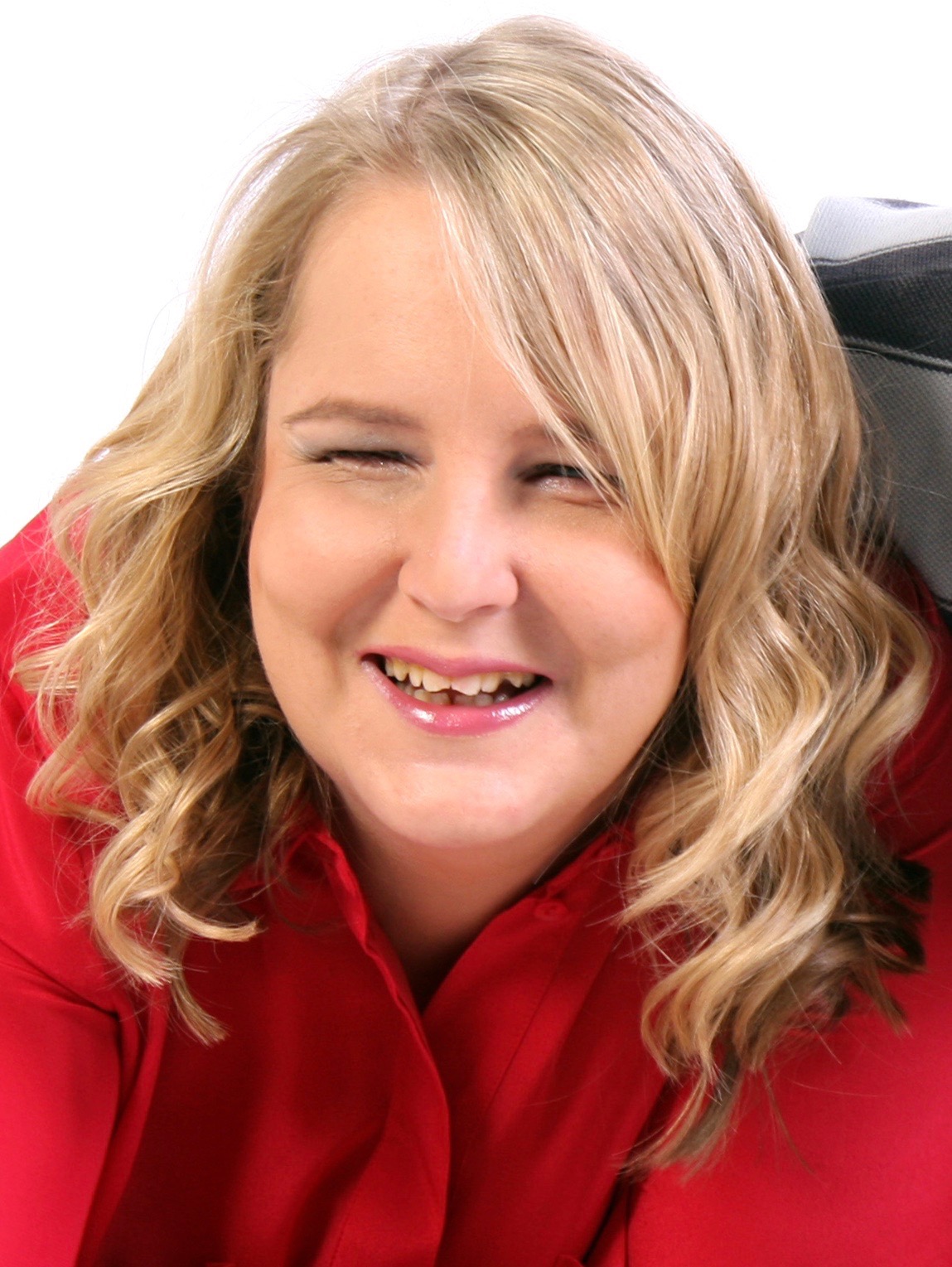 Ms. Stacy Scott
Ms. Stacy Scott, Bookshare and Strategic Publisher Relationships Manager, RNIB Bookshare, Royal National Institute of Blind People .
In my professional and voluntary roles, I undertake substantial work advocating for access to inclusion and equality in education for those with sight loss and other print disabilities, at both a national and international level. My work centres around working with stakeholders, publishers and content producers, to ensure that those with disabilities have equal and unhindered access to the content they need, be it for education, work or leisure. I currently lead the RNIB Bookshare UK Education Collection service which provides accessible, digital educational materials to learners with print disabilities; working directly with over 1,100 publishing partners; providing a growing collection of near 700,000 titles in accessible formats. In addition I manage all publisher relationships across the RNIB library and Reading Services platforms, enhancing the collections to provide audiobooks in a variety of accessible formats. I am passionate about ensuring that those with different needs are afforded the same access and opportunities as all other members of society. I serve on various boards and committees, including the UK Parliament as part of its Regional Stakeholder Network, in which I campaign to MPs for policies that will address the needs of people with disabilities, to bring about effective and lasting change. I am also delighted to bring my knowledge and personal and professional experience as Chair of the Accessibility Action Group for the Publishers Association UK. As a person who is blind, completed a degree in Mathematics and developed a successful career, I am well aware of the challenges disabled people face, particularly when it comes to equal access to education. However, I have also seen much positive change and the benefits that key developments have brought. I am forever dedicated to advocating for these positive developments, ensuring that every person with a need has an equal voice in society and this passion has been key in steering my career.
Dr. John M. Scott is a Product Manager for Blackboard Ally, and directs Ally research efforts and thought leadership around inclusive education. He has authored over 40 research papers and case studies documenting accessibility strategies and trends from higher education institutions around the world. Prior to joining the Blackboard Ally team, John completed his PhD in Learning Sciences and New Media at the University of California Berkeley, where he designed and researched digital learning tools, networked learning, and digital literacy. His research has been published in peer-reviewed journals and presented internationally at professional conferences. John also holds a Master’s Degree in Special Education, and spent 4 years as a public school teacher in New York City, where he developed innovative approaches to teaching with digital technologies
Mr. Mark Wheatley has operated as the Executive Director of the European Union of the Deaf (EUD) since 2007. Under his leadership, EUD has grown to be a more visible organisation, both in terms of its external (social) media coverage and its internal member communication. He is co-author of the EUD book “Sign Language Legislation in the European Union”. He has been a member of the World Federation of the Deaf (WFD) Expert Group on Human Rights. Furthermore, he was involved as an expert in the World Health Organisation and World Bank World Report on Disability to ensure that sign language users were adequately included both in terms of terminology and accuracy of information. He also contributed to various academic publications on the topic of sign language and technological development as an enabler of deaf rights.
Ms. Roxana Widmer-Iliescu has been working for over 22 years in the Development Sector of the International Telecommunication Union (ITU) contributing through her work in achieving the overarching goal of Digital Inclusion, by promoting all people empowerment through ICTs, regardless of age, gender, ability or location. In her capacity as ITU-D Focal Point for ICT accessibility, she advises the ITU members on developing ICT accessibility policies and on implementing related strategies and lead development of several ITU-D key resources in ICT accessibility aiming at supporting the global efforts in building a digitally inclusive society and ensuring that no one is left behind in the digital age.